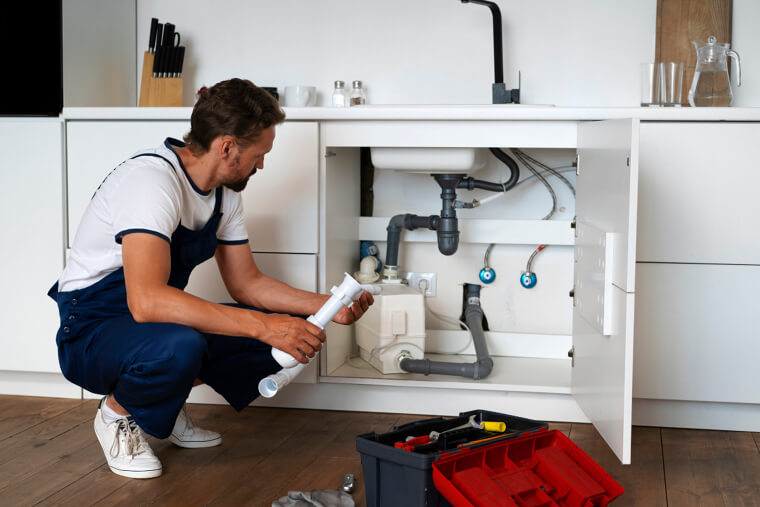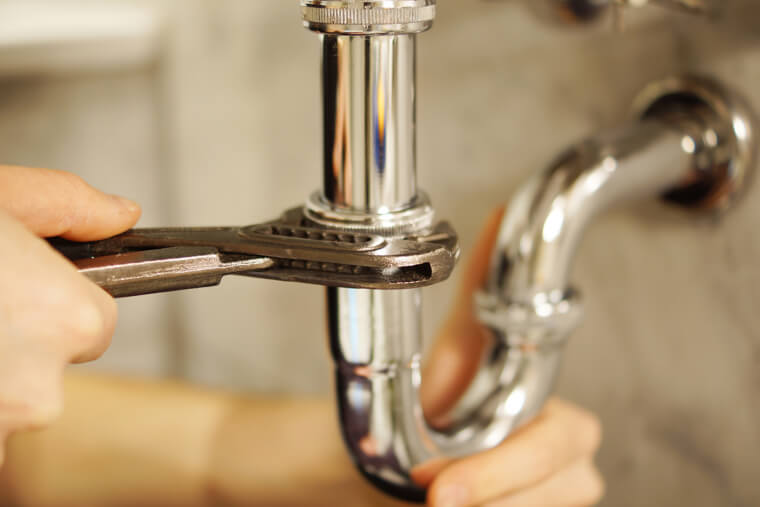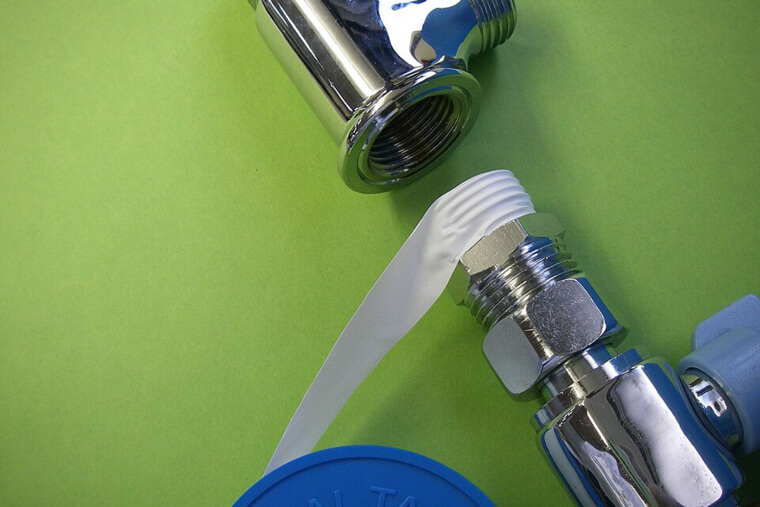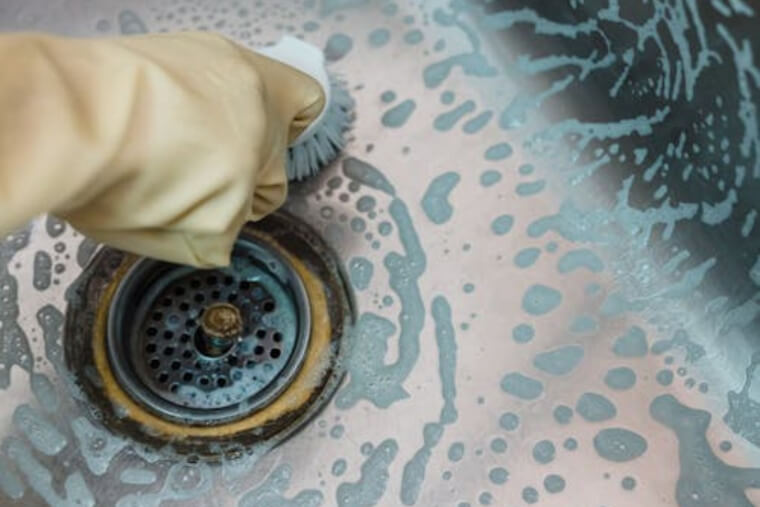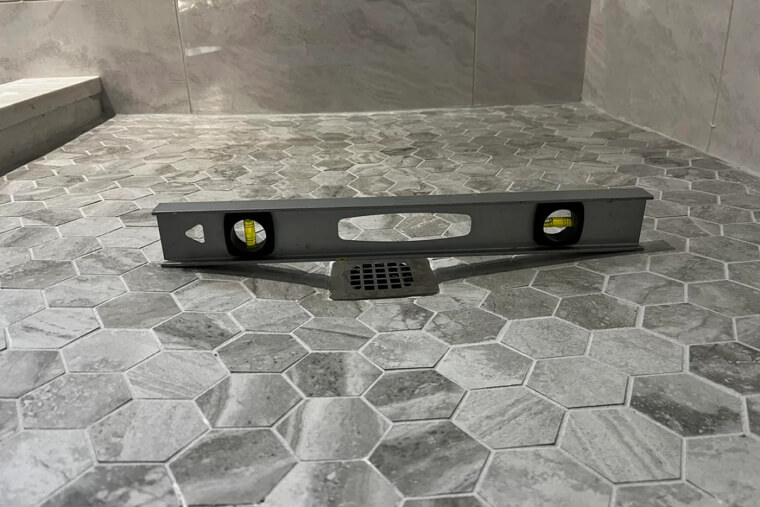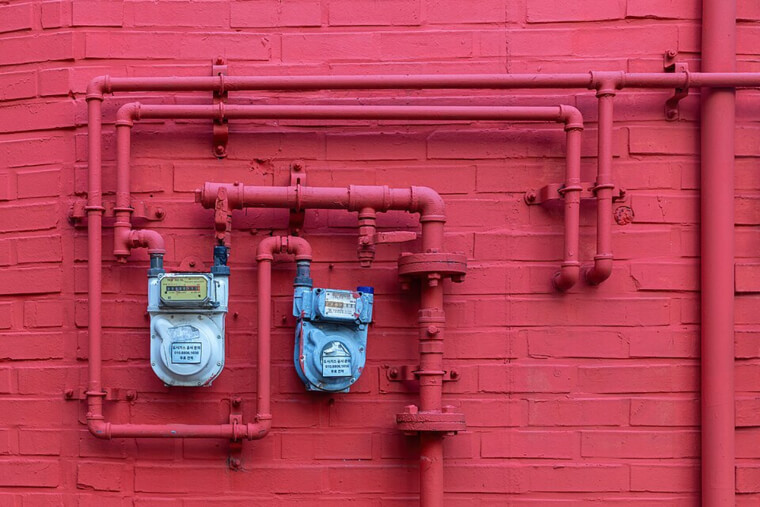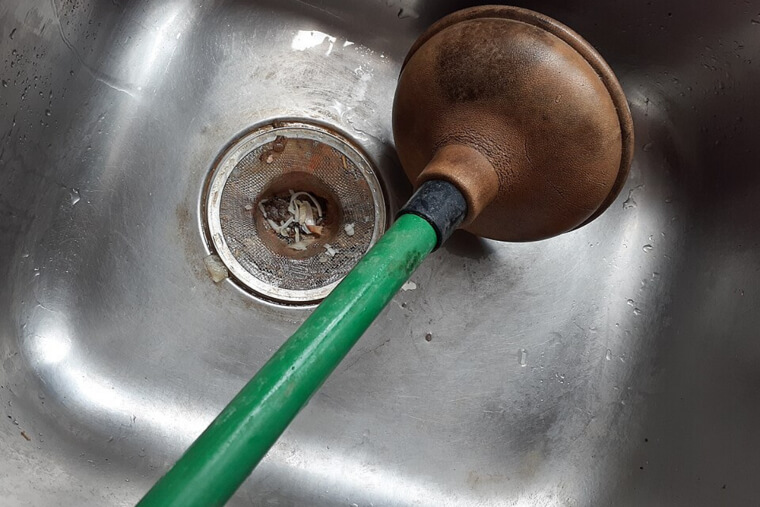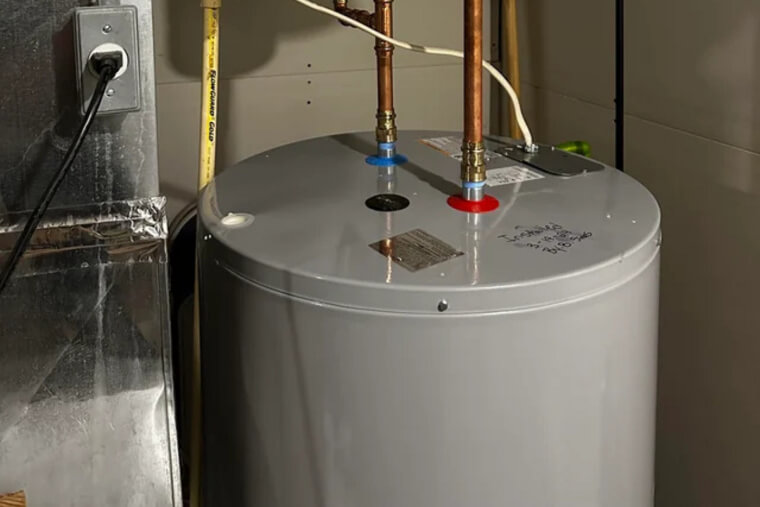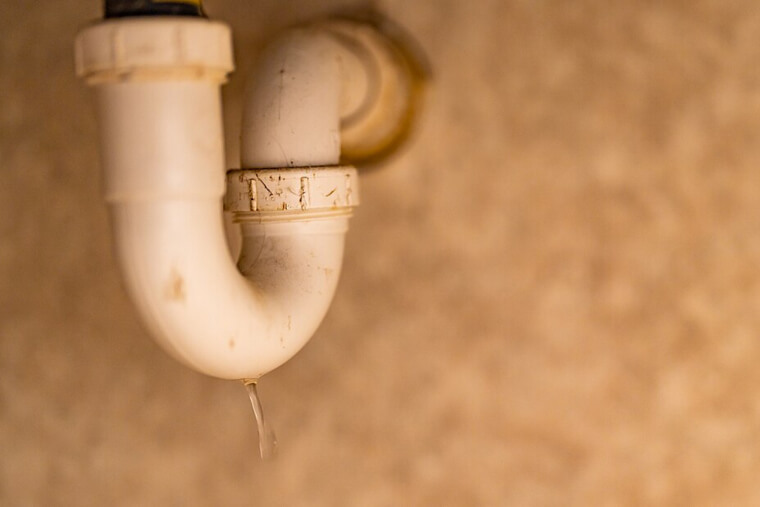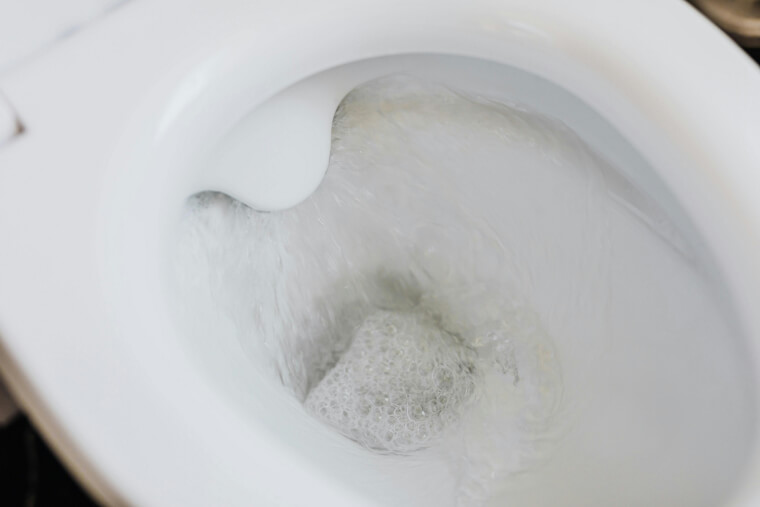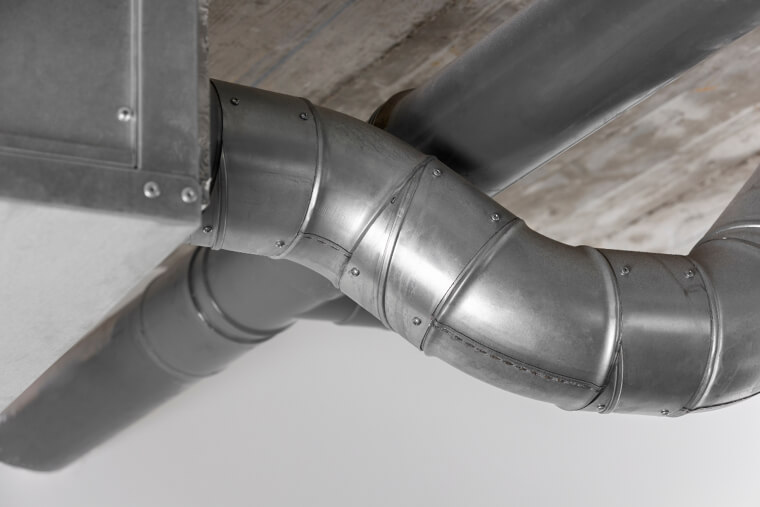DIY Plumbing Fixes Can Save You Money
We’ve all been there—getting ready for an important day at work when the bathroom sink implodes and water’s everywhere. It’s just a small leak, but you have neither the time nor the $150 needed to call someone to fix it right away. In such a case, covering the leak with a little bit of Teflon tape might seem like a good, economical idea. While DIY plumbing fixes can seem extremely helpful, some of them can do your plumbing system more harm than good. Here are a few DIY plumbing fixes to avoid:
Over-Tightening Pipe Connections
Giving the wrench one last turn for good luck might seem sensible, but always keep in mind that over-tightening any connection can be dangerous. It can create cracked fittings and stripped threads, which will cause leaks down the line.
Using the Wrong Type of Tape
Don’t have Plumber’s tape lying around? Just use electrical tape. Both of them work the same, right? No. Plumber’s tape is specifically designed to create stronger seals and not lose adhesiveness. Electrical tape is not. It will weaken over time, worsening any leak it was used to prevent.
Excessive Use of Drain Cleaner
Yes, frequently cleaning your drains are necessary to prevent any build-up or damage. However, there is such a thing as over cleaning your drain. Frequently exposing your plumbing to the harsh chemicals in drain cleaners can lead to corroded, leaking and burst pipes.
Incorrect Pipe Slope for Drains
Drain pipes are usually installed at a slope to help water flow out quickly and evenly. When installing your own drain pipes, be sure not to eyeball the slope of your drains. If it's too steep or too level, it can lead to blockages and backflows, clogging your sinks and baths.
Not Turning Off the Water Supply
Turning off the water supply is the first thing to do before you start your fixes. Ignoring this step can cause dangerous consequences, including flooding, water damage to walls and furniture, electrical damage, and even injury to people.
Plunging a Drain Cleaner-Filled Sink
You may think using a plunger can help your drain unclog faster, but all it does is make it splash back up. Drain cleaners are usually caustic and corrosive and can cause severe burns and damage, so it is best to let them corrode through the sludge in your pipes and not disturb them with a plunger.
DIY Water Heater Repairs
If you have a leaking water heater, it might be tempting to avoid the huge repair bill by trying to fix it yourself. But, you should remind yourself that mishandling a water heater can cause gas leaks, scalding and even explosions. They are complex gadgets best left to the pros.
Fixing Leaks With Epoxy or Glue
Like the electrical tape, epoxy and glue are both poor (and sometimes dangerous) substitutes for plumber’s tape. These may seem like convenient temporary fixes, but more often than not, they fail under pressure and can complicate any future repairs.
“Testing” Drain Flow With Non-Flushable Items
If you suspect that there might be a clog in your toilet drain, putting more strain on it is not a good idea. Flushing wet wipes or paper towels down the toilet to “test” the drain flow can only worsen any blockages that might exist.
Using or Mixing Improper Pipe Materials
Plumbing systems are complicated and involve a number of different moving parts, some of which can be incompatible together (like copper and galvanised steel). When working on plumbing fixes yourself, always make sure you know that the materials you are using work safely together.

